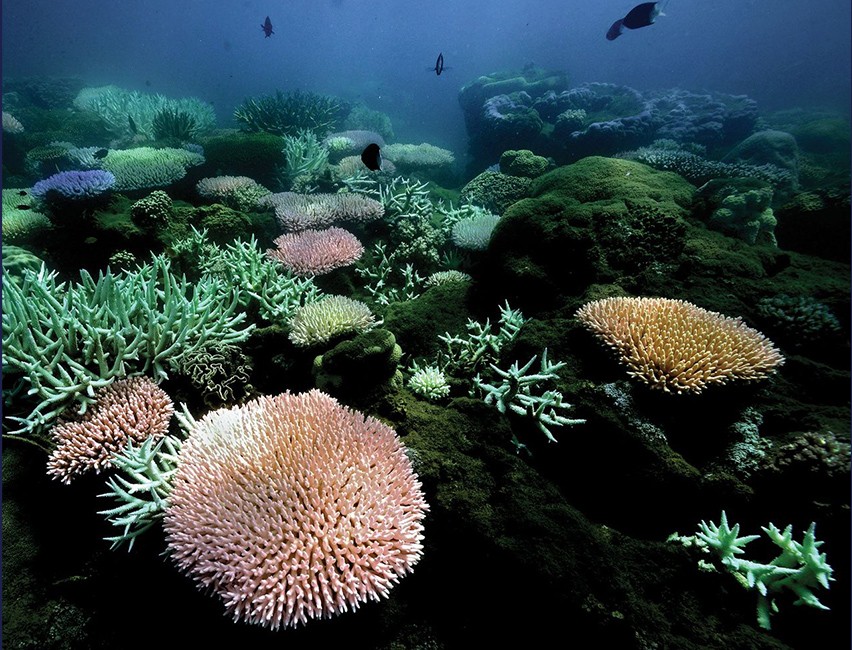Evolutionary biology provides a unifying framework for understanding the similarities and differences among individuals and species. Population genetics focuses on evolutionary changes over generations, while comparative genomics investigates changes over longer timescales, notably among species. The overarching goal of both approaches is to describe and understand the genetic, developmental, and population processes that drive evolutionary dynamics and biodiversity. Central questions include: What selection pressures influence genetic variation? How does evolution at genetic, molecular, and developmental levels give rise to novel features? To what extent are the genetic changes and population dynamics involved in adaptation predictable? How do new species arise? These questions are not only of fundamental importance to our understanding of evolution, they are foundational to other research areas, notably human and conservation genetics.
Research Groups
Andolfatto Lab
The evolutionary processes shaping genome evolution and the genetic mechanisms underlying adaptations and species-specific traits
Kelley Lab
Social communication in Xenopus: development, function and evolution of neural circuits for producing and responding to vocal signals
Landweber Lab
RNA-mediated epigenetics and genome reorganization during development
Przeworski Lab
Population and human genetics
Sella Lab
Evolutionary and population genetics of adaptation and disease
Tavaré Lab
Computational cancer genomics, including statistical and stochastic methods for understanding tumor heterogeneity and cancer evolution
Tavazoie Lab
Principles of cellular adaptation
Tosches Lab
Evolution of cell types and circuits in the vertebrate brain









